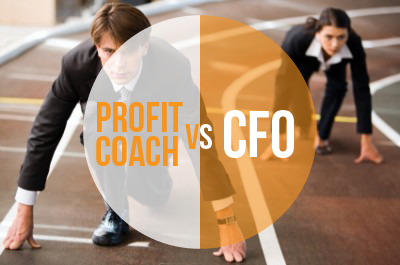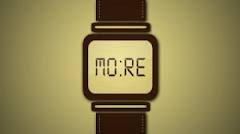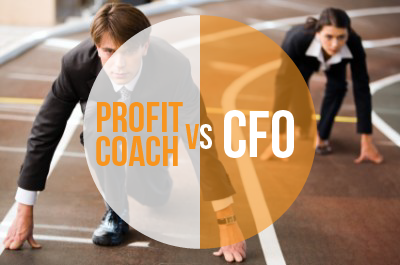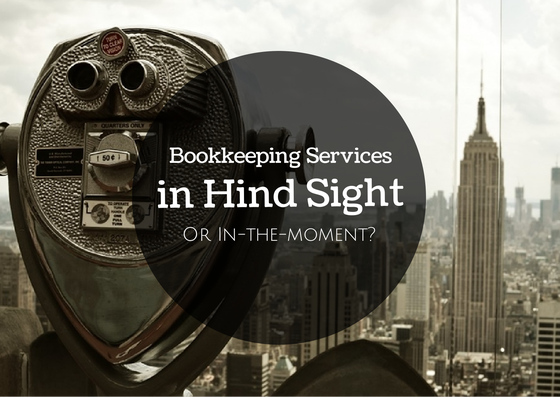
My hope in this article is to help you determine if you need a CFO, and if not, what other options are out there.
What Does a CFO Do?
A CFO is in charge of your entire finance department. He or she is also responsible for management level decision making. As a business owner, you would typically turn to this person for financial forecasts, contract negotiations and shareholder management.
If you have enough cash to pay for an in-house CFO, you can get some decent mileage out of the relationship. He or she can spend all of their time and energy focusing on your platform.
But what if the person is outsourced? The price tag will be cheaper, that's for sure. But will this person be able to dedicate enough time to your business to really create a profitable strategy and implement it?
Why Most Outsourced CFOs Fail
 I have seen it work on occassion, but it's not often. Why is this? They usually work on an hourly rate, and at $100 - $250 an hour, it can get pricy. The small business often picks up about 10 hours a month. That's simply not enough time for someone to build a strategy, implement it and ensure that your culture is supporting it.
I have seen it work on occassion, but it's not often. Why is this? They usually work on an hourly rate, and at $100 - $250 an hour, it can get pricy. The small business often picks up about 10 hours a month. That's simply not enough time for someone to build a strategy, implement it and ensure that your culture is supporting it.He or she usually starts the month with the clock ticking. Time is spent on spreadsheets and trying to understand the newest changes within your business. Think about how often your company changes. If I were to guess, I would say that you probably have something in flux weekly. That's part of staying profitable. You have to be nimble as the landscape changes.
Once the he or she has a sense of what you have done, he or she now has to assimilate that in the spreadsheets, check the numbers and build the reports.
More often than not, I see the CFO deliver a complicated set of Excel reports to the business owner and it ends there. The company can't afford to have the CFO take an active role in the company so the business owner takes the reports and tries to make sense of them. Quite often, the owner doesn't have the time to figure it out and get it implemetned.
When I have seen it work, it's usually because the CFO is a very talented individual that fits well within the company's culture and isn't tracking all of his time. If he's not there full time, it's usually not a plausuable solution.
Would a Profit Coach Be a Better Fit?
As a business owner, you need to have a strong financial platform. Hiring a bookkeeper in-house or outsourcing that work is imperative. Once that's in place and working, a great alternative is Profit Coaching.
This person is responsible for one thing only. Making your business profitable. Unlike a CFO who may get pulled in different directions, this person has one job. He or she is focused on the business more than on building complicated Excel spreadsheets.
If you get a profit coach, here's what you can expect:
- This person should work directly with your bookkeeper or outsourced bookkeeper
- He or she should meet with you once a week to discuss profit strategies
- This person should set up a framework for profit, and spend the rest of his or her time integrating your company towards it
When Getting a CFO Makes Sense
Don't get me wrong. There are times when a CFO is needed. I've been a CFO myself many times for companies. If your organization is crossing the $3 - $5 million annual revenue mark, it may be time to consider getting a CFO. At that point, you should have enough cash to hire in-house or support the hourly billing of an Outsourced professional.
But don't get a CFO unless you need one. If you need help negotiating financial contracts, lending arrangements and shareholder options, then a CFO is great. An in-house person will be in the neighborhood of $100,000 or more a year so be prepared.
Also, don't be afraid to put this person on a trial basis. A lot of CFOs talk big, but don't perform. You need to find the right person who can back up his words with profitable actions.
What to Read next:













.png)


